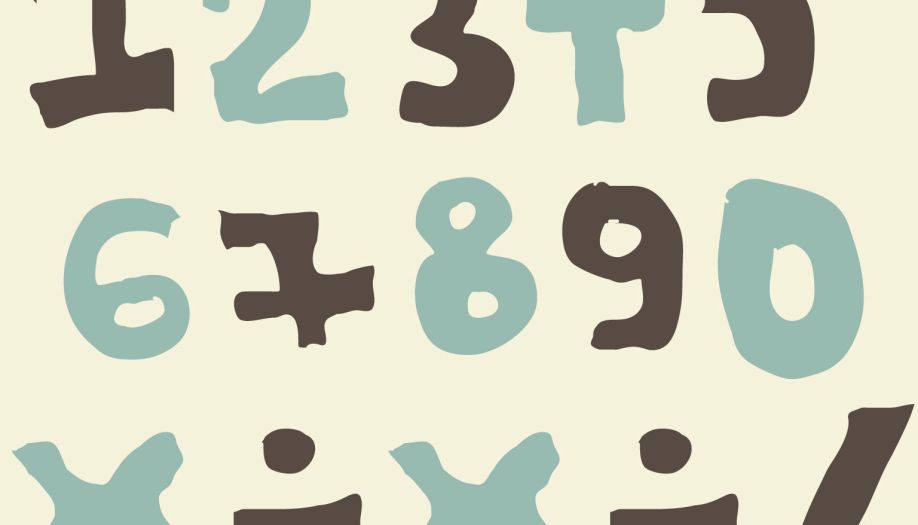ADVERTS
A number is considered divisible by another when the remainder of the division between them is equal to zero. We will use the knowledge of divisibility to make this happen.

Divisibility by 1: every number is divisible by 1.
ADVERTS
Divisibility by 2: every even number is divisible by 2, that is, all numbers ending in 0, 2, 4, 6 and 8. Example: 12 ÷ 2 = 6
Divisibility by 3: every number is divisible by 3 when the sum of its digits constitutes a number divisible by 3. Example: 66 ÷ 3 = 22, as 6 + 6 = 12.
Divisibility by 4: if the last two digits of a number are divisible by 4, then the number is divisible by 4. To see if the last two digits form a number divisible by 4, simply check if the number is even and its half remains pair. Numbers that have zero in their last two places are also divisible by 4. Examples: 288 ÷ 4 = 72, 88 is even and half of it will be even. 100 ÷ 4 = 25, since the last and penultimate place has the digit 0.
ADVERTS
Divisibility by 5: every number ending in 0 or 5 is divisible by 5. Example: 10 ÷ 5 = 2.
Divisibility by 6: constitutes all numbers divisible by 2 and 3 at the same time. Example: 42 ÷ 6 = 7, since 42 ÷ 2 = 21 and 42 ÷ 3 = 14
Divisibility by 7: double the units digit and subtract it from the rest of the number. If the result is divisible by 7, the number is divisible by 7. Example:
203 ÷ 7 = 29, since 2 x 3 = 6 and 20 – 6 = 14.
Divisibility by 8: every number will be divisible by 8 when it ends in 000, or the last 3 numbers are divisible by 8. Example: 1000 ÷ 8 = 125,
1208 ÷ 8 = 151.
Divisibility by 9: any number in which the sum of its digits constitutes a number that is a multiple of 9. Example: 90 ÷ 9 = 10, as 9 + 0 = 9.
Divisibility by 10: every number ending in 0 will be divisible by 10. Example: 100 ÷10 = 10.
Divisibility by 11: every number is divisible by 11 in situations where the difference between the last digit and the number formed by the other digits, successively until a number with 2 digits remains, results in a multiple of 11. As a rule, most immediate, all double tens (11, 22, 33, 5555, etc.) are multiples of 11. Example: 1342 ÷ 11 = 122, since 134 – 2 = 132 → 13 – 2 = 11.
Divisibility by 12: these are numbers divisible by 3 and 4. Examples: 276 ÷ 12 = 23, as 276 ÷ 3 = 92 and 276 ÷ 4 = 69.
